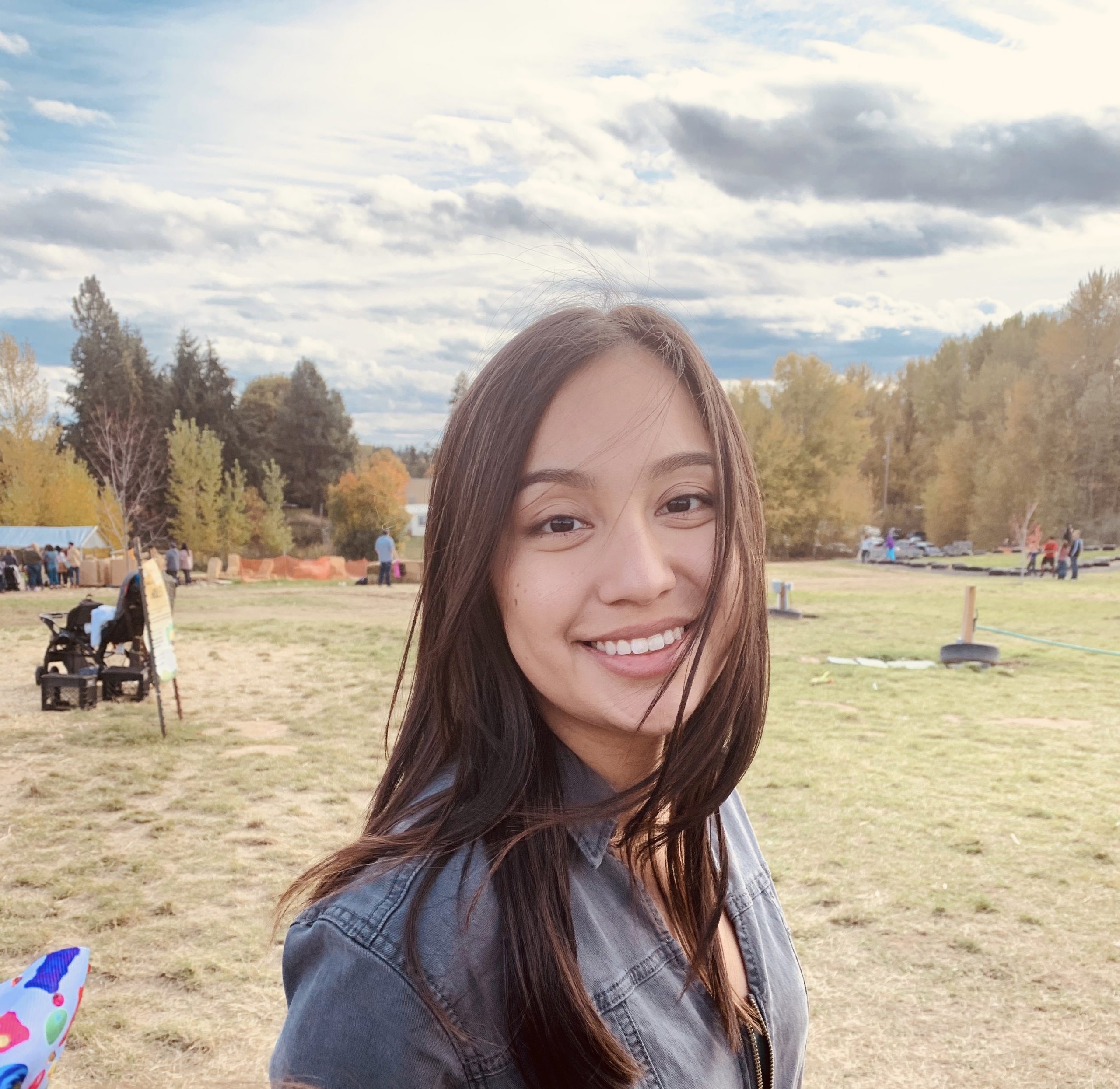How the Biological Vulnerability Myth Affected One Native Child
Editor’s note: Ms. Hannah Tomeo is a Training and Research Coordinator at the Healing Lodge of the Seven Nations, a residential treatment center for adolescents in Spokane, WA. She is a member of the Colville Confederated Tribes and is also a descendant of the Yakima Nation and the Nez Perce Tribe, and is Samoan Pacific Islander. She shares her story about the harmful effects of the Firewater Myth as part of our Special Series on Addiction Myths and Misinformation.
 Growing up, I was not the best student. I have ADHD and the majority of my educational career I had absolutely no idea I was dyslexic. Along the way I had two amazing teachers: one who gave me writing prompts and books that engaged my curiosity, and one, a science teacher, who gave me an avenue to express this curiosity. My grades began to improve and a seed was planted by these teachers. That maybe, just maybe, I was smart. Each year after, I began to envision what I might be some day. One of my favorite things to imagine was that I would grow up to be a scientist.
Growing up, I was not the best student. I have ADHD and the majority of my educational career I had absolutely no idea I was dyslexic. Along the way I had two amazing teachers: one who gave me writing prompts and books that engaged my curiosity, and one, a science teacher, who gave me an avenue to express this curiosity. My grades began to improve and a seed was planted by these teachers. That maybe, just maybe, I was smart. Each year after, I began to envision what I might be some day. One of my favorite things to imagine was that I would grow up to be a scientist.
This seed began to flourish as I began signing up for science classes in high school. I was particularly excited for the class labs. One day I sat in the front of my high school science class eagerly. Today we would be talking about genetics. I opened my notebook and began to decorate the header “genetics” with colorful pens. As I moved on to create a colorful name and date, I was stopped in my tracks by the sound of my own name. Did I hear that right? My teacher casually stated that “because Hannah is Native American, it is in her genetics to be an alcoholic.” Embarrassment shot through my body, leaving shame as the bitter aftertaste. I searched his face for malicious intent and found none. Because when someone believes they are stating a fact, there is very little emotion involved.
Now looking back and reflecting, I believe that small encounter impacted me deeply, leaving a complex that would alter my identity for many years. I stopped pursuing science; it became just another class. I began to notice the small comments more surrounding my Native American community. Small jokes about Native Americans being alcoholics stung more even after the joker casually stated “no offense.” I began to overcompensate in other areas, excelling in sports in an attempt to reverse the way I believed everyone saw me, as the alcoholic I was predestined to be. Deep down I began to question my own autonomy, wishing I wasn’t born at a genetic disadvantage. It was a long journey to healing.
Now I am a Training and Research Coordinator at the Healing Lodge of the Seven Nations, a residential treatment center for teens experiencing addiction. The Healing Lodge was founded by a consortium of tribes and serves both Native and non-Native teens. As part of the Center for Indigenous Research, Collaboration, Learning, and Excellence (CIRCLE), I get to present a training called xaʔtu̓s (First Face) for Mental Health to tribal communities. This training is intended to break sigmas and myths around mental health, violence, and addiction in tribal communities.
My story is just one way a Native American has been impacted by this myth and stereotype, and, although I can’t speak for my whole community, I can confidently say I know many who can relate. However, I am hopeful that the more we begin to challenge this stereotype and offer proper education on the subject, fewer and fewer Native children will be able to relate to my story. Addiction in Native communities is very real, and deserves to be properly researched and taught if we ever hope for healing.
— Hannah Tomeo
What do you think? Please use the comment link below to provide feedback on this article.